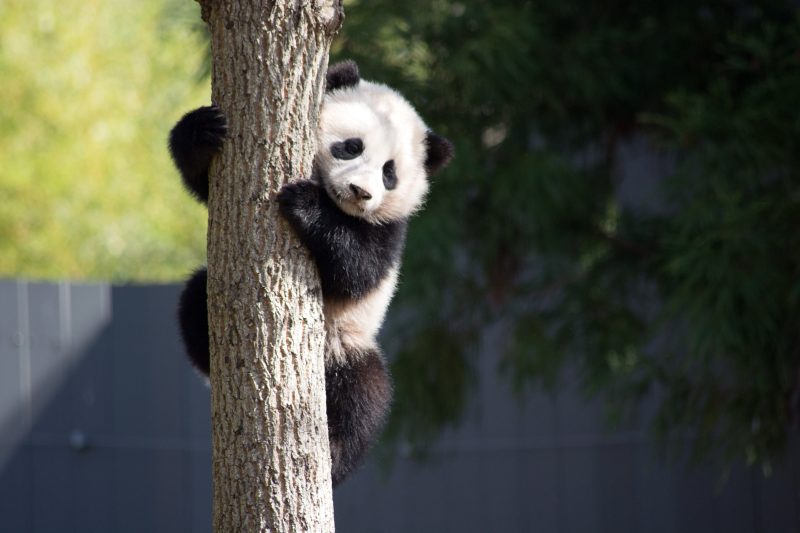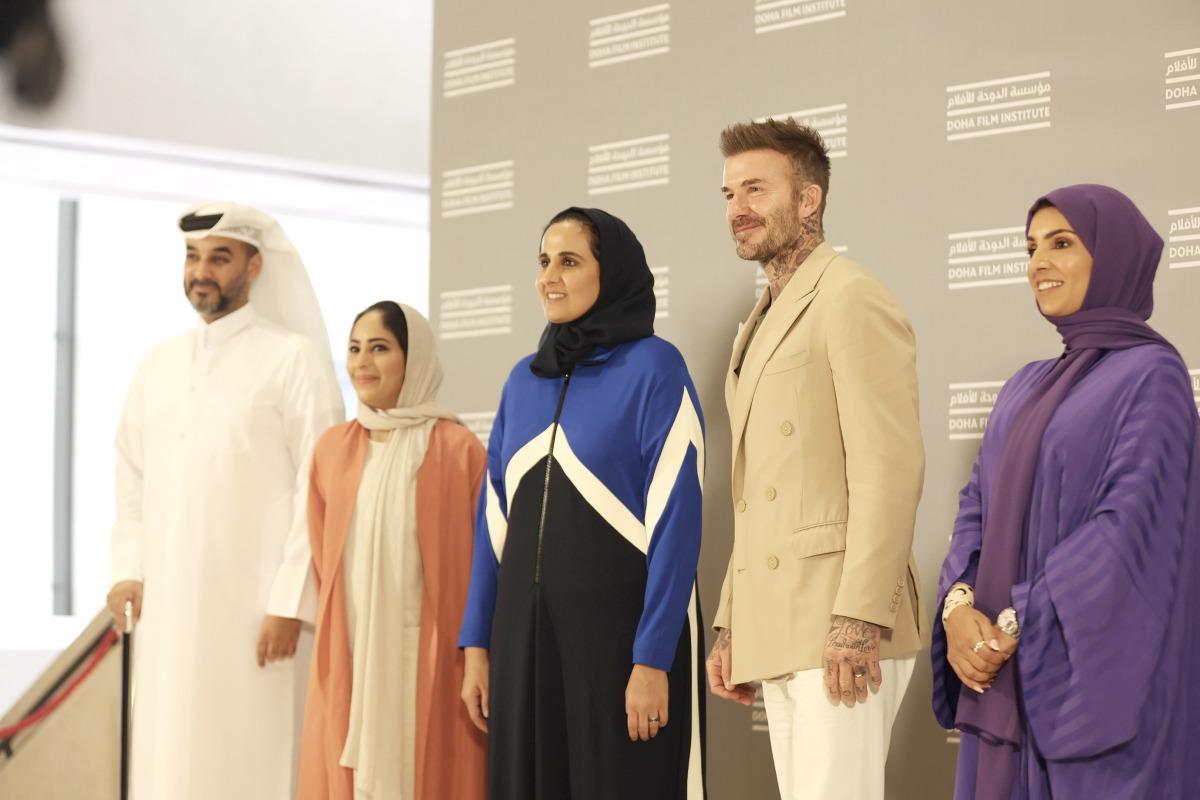China said on Monday that it would give Qatar two gigantic pandas as a token of appreciation for hosting the World Cup.
According to Zhou Jian, China’s ambassador to Doha, the Pandas—named “Suhail” and “Soraya”—will arrive in Qatar in October ahead of the 32-nation tournament’s opening date of November 20.
Chinese businesses have made significant contributions to the creation of significant World Cup-related projects despite being unable to compete in the tournament.
China’s Panda diplomacy
Since the seventh century, when Empress Wu sent two bears to Japan, China has given pandas as gifts. This custom was revived during Mao Zedong’s regime.
During the Cold War, pandas were sent to Russia and North Korea, and the United States received a pair following President Nixon’s visit to China in 1972.
Giving a foreign nation its national animal allows China to demonstrate the closeness of its political connections.
However, as China has become more capitalist, pandas have also evolved into a useful economic resource. In the 1980s, China began lending them for $50,000 per month rather than giving them away, however the bears and their offspring remained as Chinese property.
Ethical and health concerns
Chuang Chuang and Lin Hui, a pair of pandas, were sent by China to Chiang Mai Zoo in Thailand in 2003. Chuang Chuang, who was put on a diet in 2007 due to obesity, passed away from heart failure in September 2019.
The public began to blame this tragedy on China’s panda diplomacy, with many people contending that transferring the creatures outside of their native environment and abroad was harmful to their health, exacerbating the population loss.
Typically, a panda solely eats fresh bamboo, consuming 40 kg of it each day. According to a 2011 estimate, Edinburgh Zoo spent $107,000 annually on feeding its two pandas. This prompted local gardeners to start producing bamboo and the zoo to beg for contributions of bamboo.
The availability of bamboo during the Covid-19 pandemic adds to cost factors.
The Calgary Zoo made the decision to send back its pair of pandas earlier than expected so they could reunite with their offspring in China due to the challenge of obtaining a reliable and sufficient supply of fresh bamboo.
Other animals as diplomatic gifts
Other rare animals are also given as diplomatic or political gifts on a global scale. For instance, the Chinese Central Government presented Hong Kong with five Chinese sturgeons in the months prior to the 2008 Olympic Games in Beijing, representing the five Olympic rings.
The government of the Seychelles Islands announced in 2009 that it would donate a pair of Aldabra giant tortoises to the 2010 World Expo in Shanghai as a way to honor the 60th anniversary of the founding of the People’s Republic of China and to express its gratitude to the nation for helping to defray the costs of the Seychelles Islands’ participation in the Expo.
In return for China’s panda diplomacy, French President Emmanuel Macron also sent Xi Jinping a member of France’s elite cavalry regiment.

















Leave a Reply